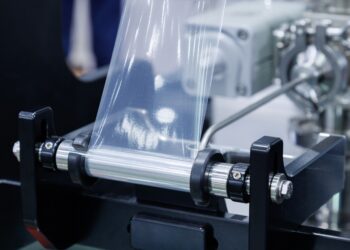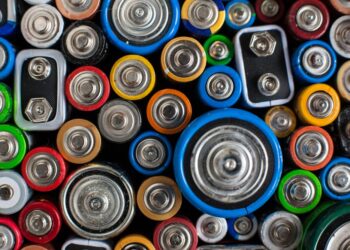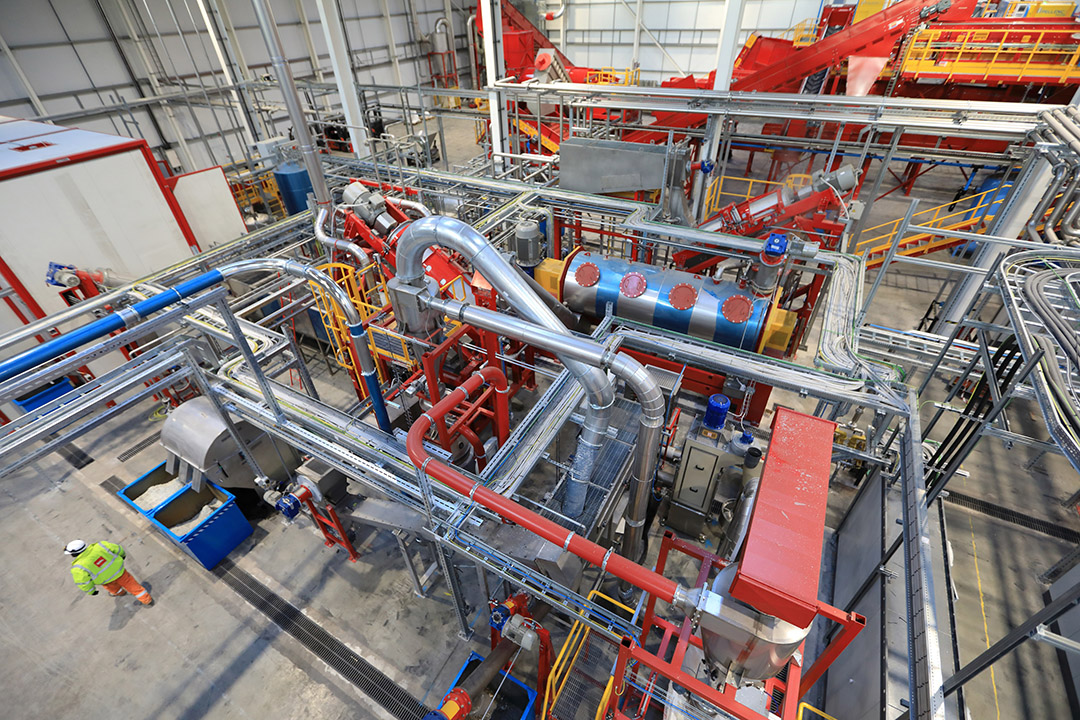A coalition of industry stakeholders will put over $900,000 toward municipal program improvements in the Dallas-Fort Worth area and will invest $2 million in an area MRF.
The Every Bottle Back initiative, a project of the American Beverage Association and a variety of brand owners and industry groups, has earmarked funds for recycling access expansion and outreach efforts, through projects spearheaded by The Recycling Partnership.
Balcones Resources’ Dallas MRF, meanwhile, will use $2 million to install “state-of-the-art technology,” the coalition announced. Equipment purchases will include optical sorters, artificial intelligence machinery, robotic arms geared toward plastics separation, and new belt configurations to improve processing. Balcones was recently acquired by Closed Loop Partners, which is also involved in the Every Bottle Back project.
The municipal program initiatives are similar to The Recycling Partnership’s efforts in other parts of the country, with the organization’s goal to support existing work and amplify it with additional funds, said Cody Marshall, vice president of technical assistance for The Recycling Partnership.
“In this region specifically, The Recycling Partnership is focused on supporting multi-family collection and hauling, the Fort Worth grant to improve quality of material at the curb, and a big messaging campaign in the entire region with the North Central Texas Council of Governments,” Marshall said.
The project includes a $400,000 grant to Fort Worth, $320,000 for educational messaging, and $200,000 for multi-family collection improvements.
With all the initiatives combined, the project team estimates its work will bring in an additional 3 million pounds of PET.
Multi-family access: The grant funds come as Dallas this month rolled out a multi-family recycling ordinance, and the financial support will help implement expanded multi-family access. The Recycling Partnership has earmarked funds to help haulers service properties that don’t currently have recycling access.
The project is beginning by expanding access for 20,000 multi-family units, and the team estimates it will eventually expand service to 50,000 new households, Marshall said.
Messaging efforts: The Recycling Partnership worked with the North Central Council of Governments to develop a “Know What To Throw” campaign. The goal is not only to reduce contamination but to increase capture of certain key materials. For example, PET and aluminum cans are under recovered in the region, Marshall said.
“We’re going to try to saturate the region with that recycling messaging in a big way,” he said.
Fort Worth outreach: The city has a dedicated recycling outreach team called the Blue Crew, which performs cart inspections and other education initiatives.
Building on this existing education infrastructure, $400,000 in grant funds will go toward additional outreach materials, including mailers, digital ads, and signage around the city targeted specifically at Fort Worth, with the goal “to amplify the work they’re already doing,” Marshall said.
“The money is going to take it that much further to reach that many more homes,” he said.
More to be done
The initiative will be carried out throughout 2020, kicking off in the spring and taking place at least through the end of summer. After the projects sunset, the team is aiming to perform more capture rate studies, MRF audits and consumer engagement surveys to determine how effective the various efforts were.
Marshall noted The Recycling Partnership is hoping to roll out similar strategies all over the country.
The organization is also realistic about what the grant funds will enable in Texas. While this initial Every Bottle Back investment totals more than $2.9 million, in an area as large as Dallas-Fort Worth, recycling improvements will require additional and potentially consistent investment in the future.
“It takes millions of dollars – ongoing dollars – to really saturate the market with the right kind of messaging,” Marshall said. “We’re just a catalyst to get this thing out there in a big way.”
























